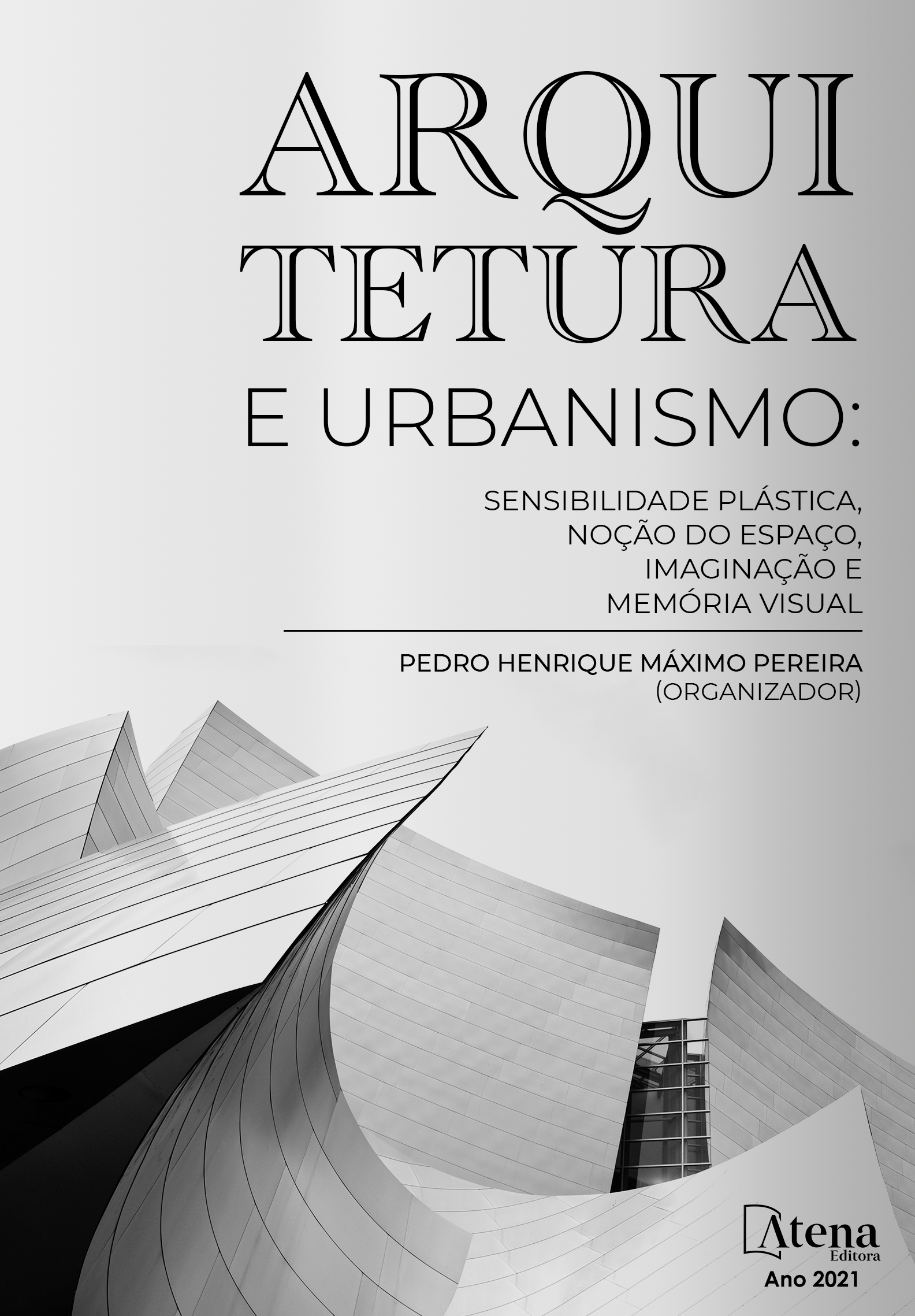
TALLER DE DISEÑO URBANO EN UNA POBLACIÓN VULNERABLE DE SANTIAGO DE CHILE.
El tema se circunscribe en la enseñanza del diseño urbano -desde un taller de arquitectura- en un contexto de vulnerabilidad social y segregación urbana en la población Parinacota en Santiago de Chile, y en convenio con la ONG TECHO como organismo conocedor de la problemática.
Entre los objetivos del taller resalta, el desarrollar conciencia social desde donde interesa hacer reflexionar a los estudiantes en uno de los desafíos que les tocará enfrentar en su desarrollo profesional. La pregunta es: ¿cómo desde la docencia se traspasa la responsabilidad que significa, o que puede significar, la visión urbana y social de la arquitectura para la construcción de las ciudades? Es a partir del aprendizaje empírico donde se generan hipótesis que permiten crear nuevo conocimiento en un ambiente universitario. En una primera parte el proceso es abordado desde el usuario, el programa y la estrategia morfológica y, en una segunda parte, se relaciona con una estrategia de proyecto de arquitectura que impacte el entorno urbano y responda a la ciudadanía de forma acertada. Entre los resultados del taller se encuentra la posibilidad de reflexionar, a partir de una pregunta correcta y de las soluciones propuestas, que carecen de prejuicios formales y son producto de la síntesis y la creatividad propia de la disciplina. Son proyectos que se definen a partir de las historias contadas por la comunidad y, por lo mismo resuelven requerimientos inherentes a la cultura y contexto del lugar.
Entre las conclusiones se destaca la experiencia de trabajar con otros, y la posibilidad de integrar a otras disciplinas a partir del convenio. Esta experiencia ha dejado resultados formales como un documento editado en conjunto, y resultados vinculantes como la realización de prácticas por parte de varios estudiantes después de realizado el taller.
TALLER DE DISEÑO URBANO EN UNA POBLACIÓN VULNERABLE DE SANTIAGO DE CHILE.
-
DOI: 10.22533/at.ed.90121231113
-
Palavras-chave: Enseñanza urbanismo, taller diseño urbano
-
Keywords: Teaching urbanism, urban design workshop
-
Abstract:
The theme is focused on teaching urban design -from an architecture design studio- in a context of social vulnerability and urban segregation in the neighbourhood “Parinacota de Quilicura” in Santiago, and in agreement with the NGO TECHO as an organization conscious of the problems of the community.
It is highlighted, among the objectives of the studio, the development of social awareness as a topic from which we want students to reflect regarding one of the challenges they will face in their professional development. The question is: How can we transfer through our teaching the responsibility that means, or could mean, the urban and social vision of architecture for the construction of cities? It is from an empirical learning where hypotheses are generated that create new knowledge in a university environment. The first part of the process is addressed from the user, the program and the morphological strategy and, the second part is related to an architectural project strategy that impacts the urban environment and responds to the citizenship in a clear and accurate manner. Among the results of the studio is the possibility of reflecting, from the proposed solutions, the way they arise from the premise of a correct question, lack of formal prejudices and are the product of the synthesis and creativity of the discipline. These are projects that are defined based on the stories told by the community and, therefore, resolve requirements inherent to the culture and context of the place.
Among the conclusions the experience of working in collaboration with TECHO is highlighted, and the possibility of integrating other disciplines as result of the agreement. This experience has left formal results such as a document edited together, and binding results such as the implementation of internships by several students after the studio finished.
-
Número de páginas: 13
- M. Isabel Matas


